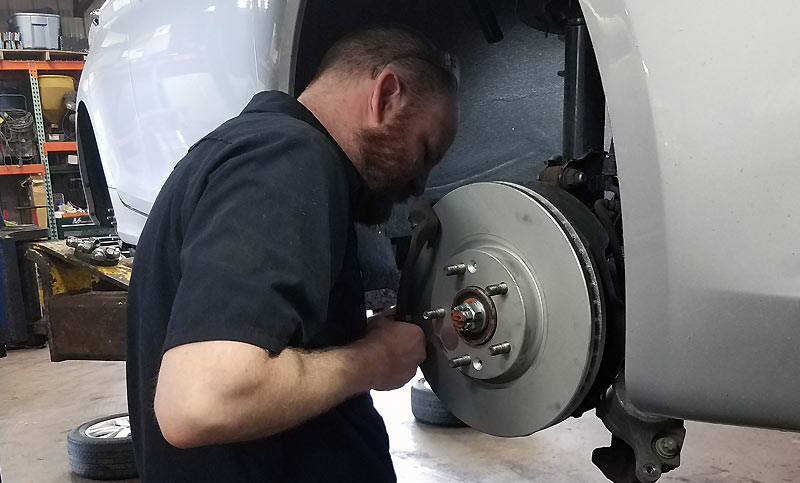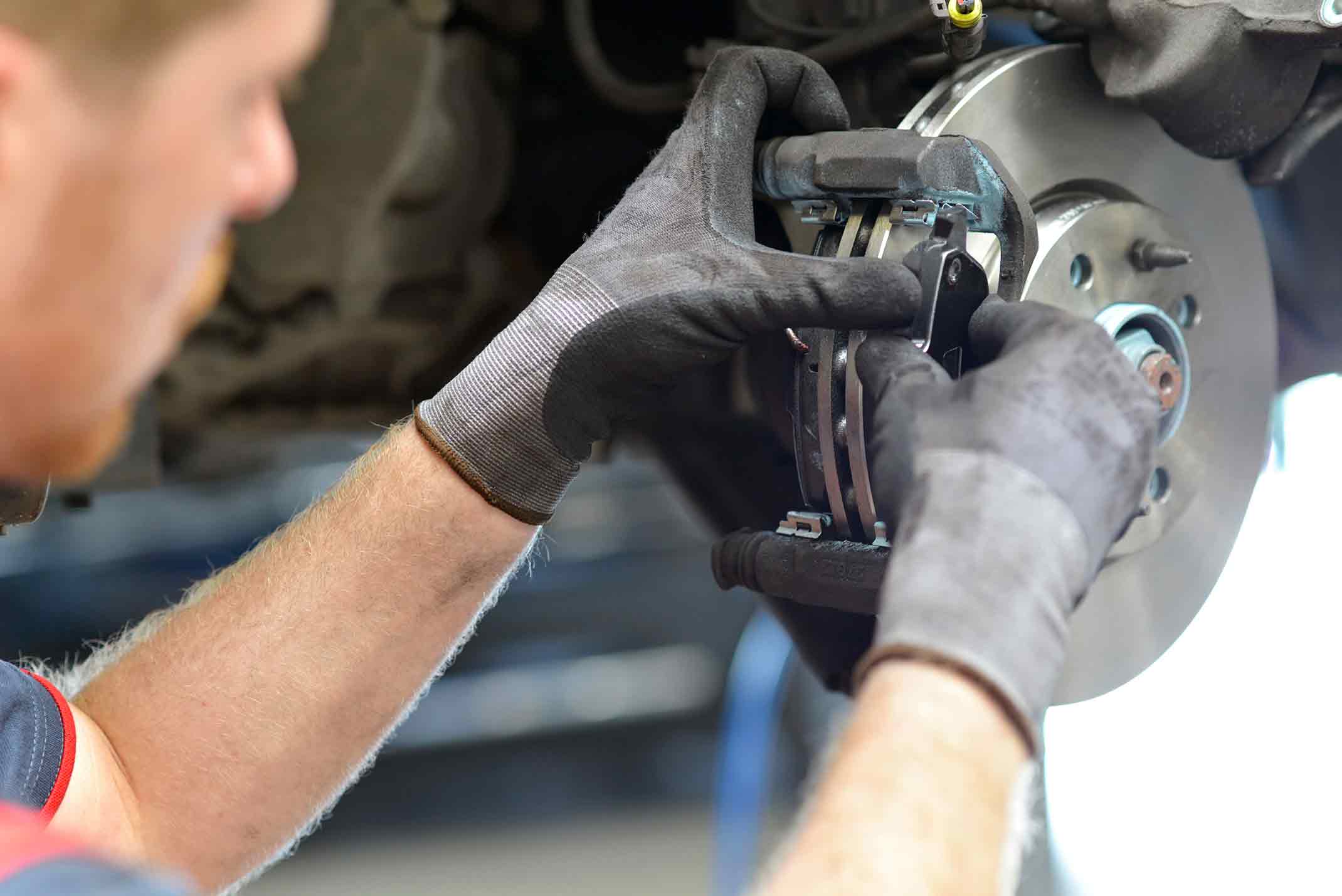Brake service North Lauderdale, FL
Any vehicle's brake system is a crucial part that is in charge of ensuring the safety of both the driver and the passengers. Corrosion is one serious threat to the efficiency of a brake systems. To keep your car functional and safe, brake system corrosion prevention is crucial. We'll go over a variety of techniques and tactics in this article to effectively stop brake system corrosion.
Understanding the Corrosion of a Brake System

It's important to comprehend what causes brake system corrosion before moving on to prevention strategies. When metal brake system parts like brake calipers, rotors, and brake lines are exposed to moisture, salt, or other environmental factors, corrosion takes place. The integrity of the braking system is compromised over time as a result of this exposure, which causes rust and corrosion.
Dr Brakes Complete Auto Repair - Brake Repair & Service in Lighthouse Point, Coconut Creek, FL
Preventive Actions
- Routine Inspections: The first line of defense against corrosion is routine inspections of your car's brake system. Check the brake parts for any indications of rust or corrosion, such as pitted or discolored surfaces. Early detection of corrosion can stop it from getting worse.
- Regularly wash your car: This helps get rid of salt, dirt, and other corrosive materials that can build up on the brake parts of the car, including the undercarriage. Regular washing is particularly crucial in the winter, when salt is frequently applied to the roads.
- Avoid Long-term Moisture Exposure: Parking your car in a garage or other covered space can help keep moisture off the brake system. Consider using waterproof covers for your car during rainy or snowy seasons if a garage is not available.
- Brake fluid upkeep: The brake system's brake fluid is essential for preventing corrosion. Make sure to replace your brake fluid as often as is advised. Old or tainted brake fluid may hasten corrosion.
- Rust-resistant Coatings: A second layer of protection can be added by coating vulnerable brake parts with rust-resistant coatings. These coatings build a barrier to keep salt and moisture away from the metal's surface.
- Use Corrosion-resistant Parts: When replacing brake parts, think about using materials that resist corrosion, like stainless steel or ceramic brake pads. These components are less prone to corrosion and rust.
- Proper Lubrication: Follow the manufacturer's recommendations and lubricate the brake parts. The likelihood of corrosion is decreased by lubrication, which helps prevent wear and friction.
- Avoid Harsh Chemicals: When cleaning your car, stay away from harsh chemicals that could harm the brakes. Stick to mild, car-specific cleaning supplies.
- Keep Drains Clear: Make sure that there is no debris in the drainage channels around the brake parts. Drains that are clogged can cause water to build up, raising the risk of corrosion.
Long-term upkeep

- Consider having an annual rust inspection performed by a qualified mechanic, especially if you reside in an area with harsh winters or frequent exposure to salt.
- Rust Treatment: Take immediate action to treat corrosion if it is found during inspections. This might entail cleaning, sanding, and sealing off the affected areas with rust inhibitors or sealants.
- Brake System Overhaul: Over time, replacing heavily corroded parts may require a complete brake system overhaul. This requires a sizable financial commitment, so it should be handled by an experienced mechanic.
Conclusion
Best 30 Brake Repair in Royal Palm Community, FL
Prevention of brake system corrosion is essential for preserving the security and usefulness of your car's braking system. You can increase the lifespan of your brake components and guarantee that your car's braking system is reliable by taking these preventative measures and performing routine inspections (brake fluid flush Margate, FL). Keep in mind that avoiding brake system corrosion is always more cost-effective than dealing with its effects.
brake repairs Pompano Beach FL right here